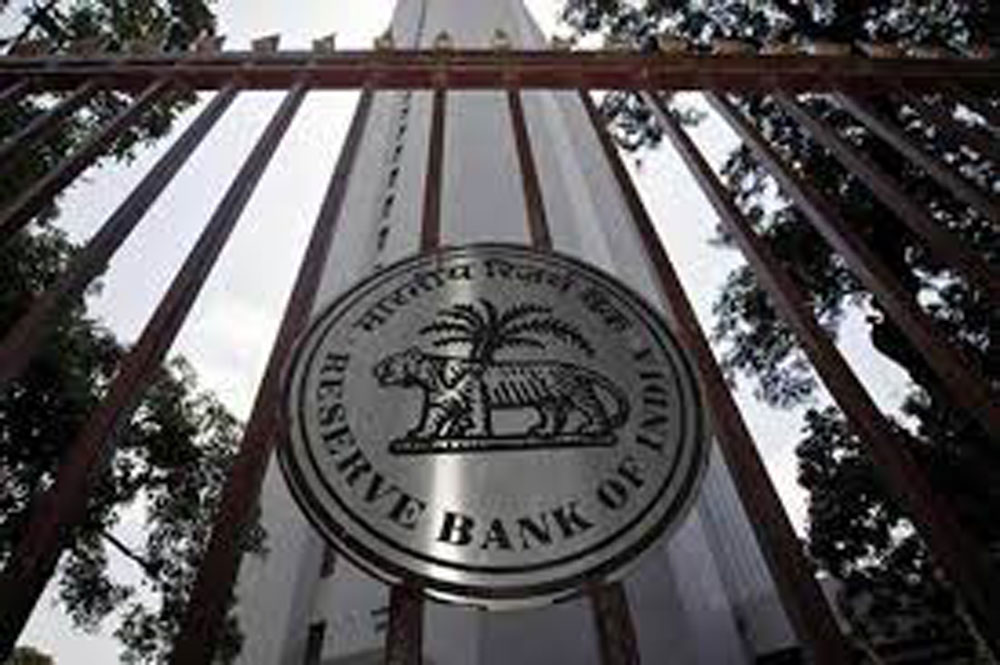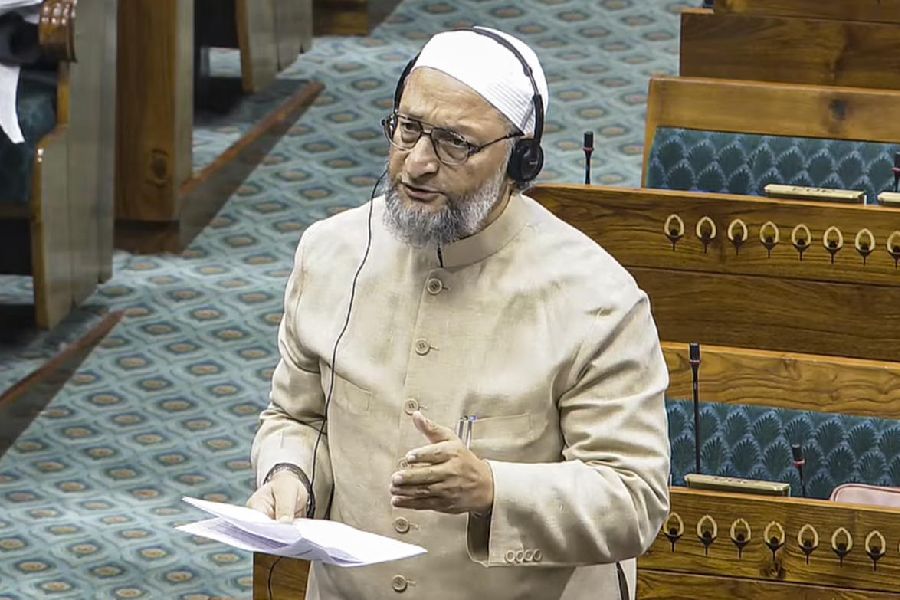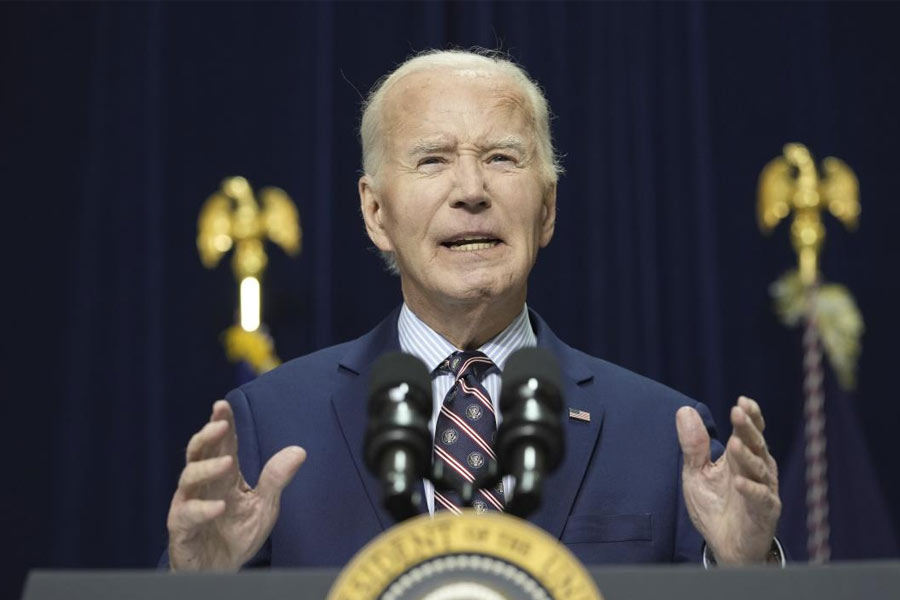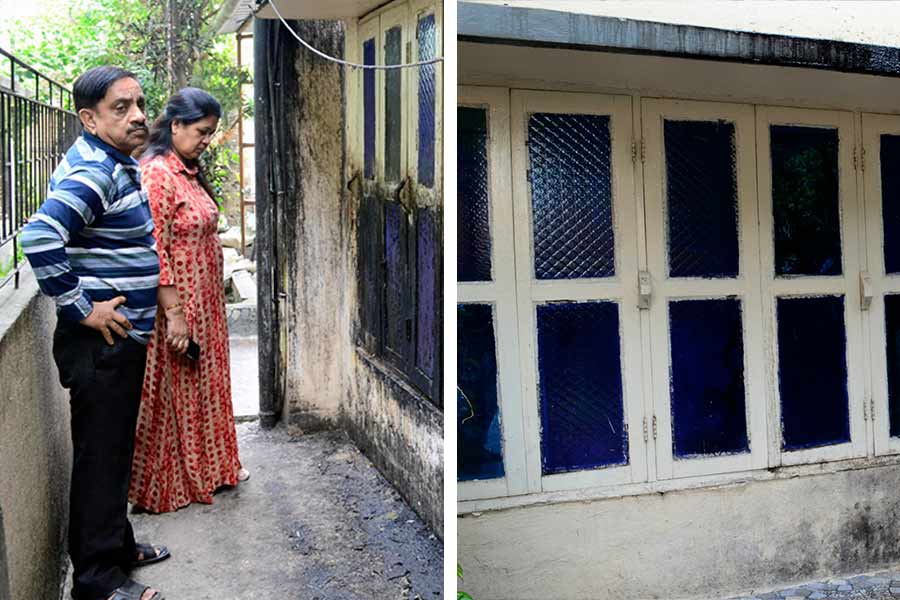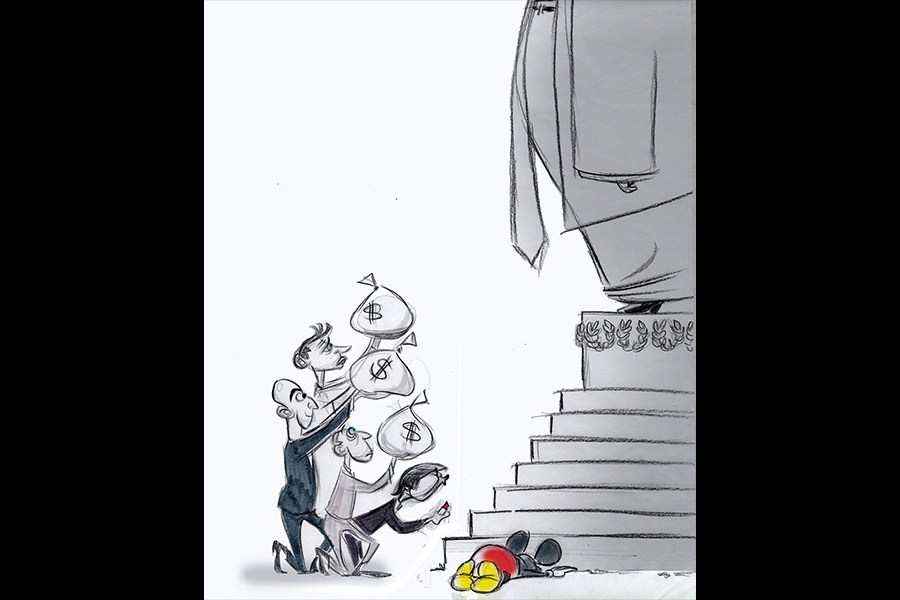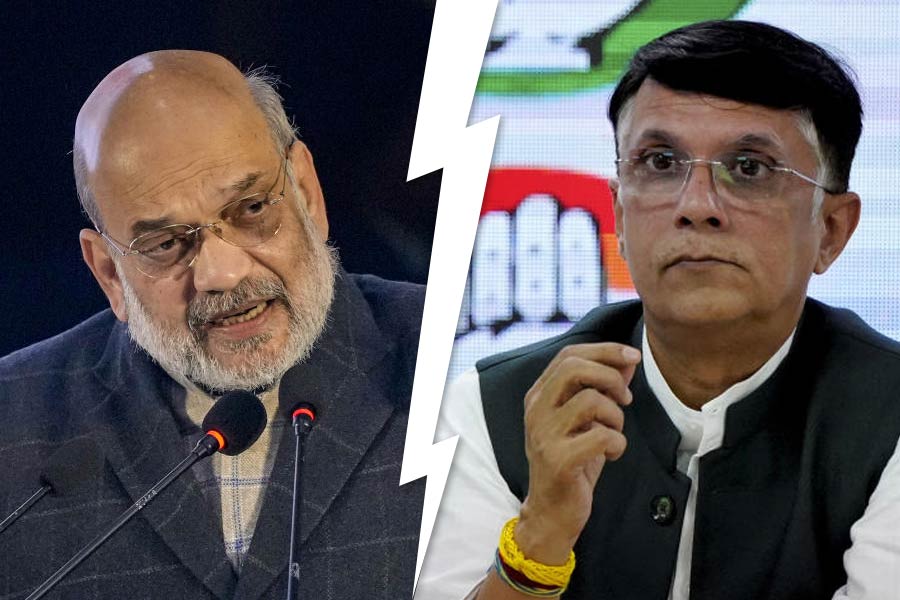The Supreme Court on Friday gave the Reserve Bank of India “the last opportunity” to withdraw its disclosure policy that the central bank has persistently used to forestall the flow of information to the public relating to the functioning of banks.
The apex court said the new disclosure policy, which the RBI had put up on its website on April 12 this year, was in clear contempt of an earlier Supreme Court verdict delivered on December 12, 2015, which ruled that the central bank could not claim that there was a fiduciary relationship between itself and the banks it supervises — and use that as an excuse to deny information in response to questions raised by people exercising their rights under the Right to Information Act (RTI).
In the 2015 verdict, the apex court had said the “RBI should act with transparency and not hide information that might embarrass the individual banks”. The order added that the apex bank was “duty-bound” to comply with the provisions of the RTI Act.
Despite this verdict, the RBI continued to block the flow of information to RTI applicants and the three contempt petitions decided by the court were in response to the new disclosure policy that perpetuated the RBI’s practice of blocking information.
While holding the apex bank guilty of contempt, the apex court said it was giving the RBI the last opportunity to get its act right. “The respondents (bank authorities), in our opinion, have committed contempt of this court by exempting disclosure of material that was directed to be given by this court. In all fairness, Gupta (counsel for RBI) has submitted that the disclosure policy shall be deleted from the website.”
RBI counsel tried to raise two mitigating circumstances to try and wriggle out of the contempt cases: first, he argued that the earlier apex court verdict had recognised that there were some circumstances — specifically related to national security, sovereignty, and national economic interest — where information might be denied. And second, only a party to the earlier judgment could file a contempt petition — and the present batch of petitioners clearly did not belong to that group.
“We do not agree with Gupta that a contempt petition is maintainable only at the behest of a party to the judgment. The directions issued by this court are general in nature and any violation of such directions would enable an aggrieved party to file a contempt petition,” the court ruled.
“Though we could have taken a serious view of the respondents continuing to violate the directions issued by this court, we give them a last opportunity to withdraw the disclosure policy insofar as it contains exemptions which are contrary to the directions issued by this court. Any further violation shall be viewed seriously by this court,” a bench of Justices L. Nageswara Rao and M.R. Shah said.
One of the petitioners had filed an application under the RTI Act seeking details of the showcause notices and fines imposed by the RBI. The RBI had denied the request for information on the ground that it would affect the economic interest of the country and hurt the competitive position of the banks.
Another petitioner had raised queries relating to the inspection reports of ICICI Bank, Axis Bank, HDFC Bank and State Bank of India from April 1, 2011, till the date of filing the RTI application — and had been similarly forestalled.
A third petitioner had been stymied when he sought information through an application filed in October 2010 over the Rs 32,000-crore loss to the nation arising from a foreign derivatives contract that had gone wrong. The petitioner wanted a bank-wise break-up of the mark-to market-losses.

